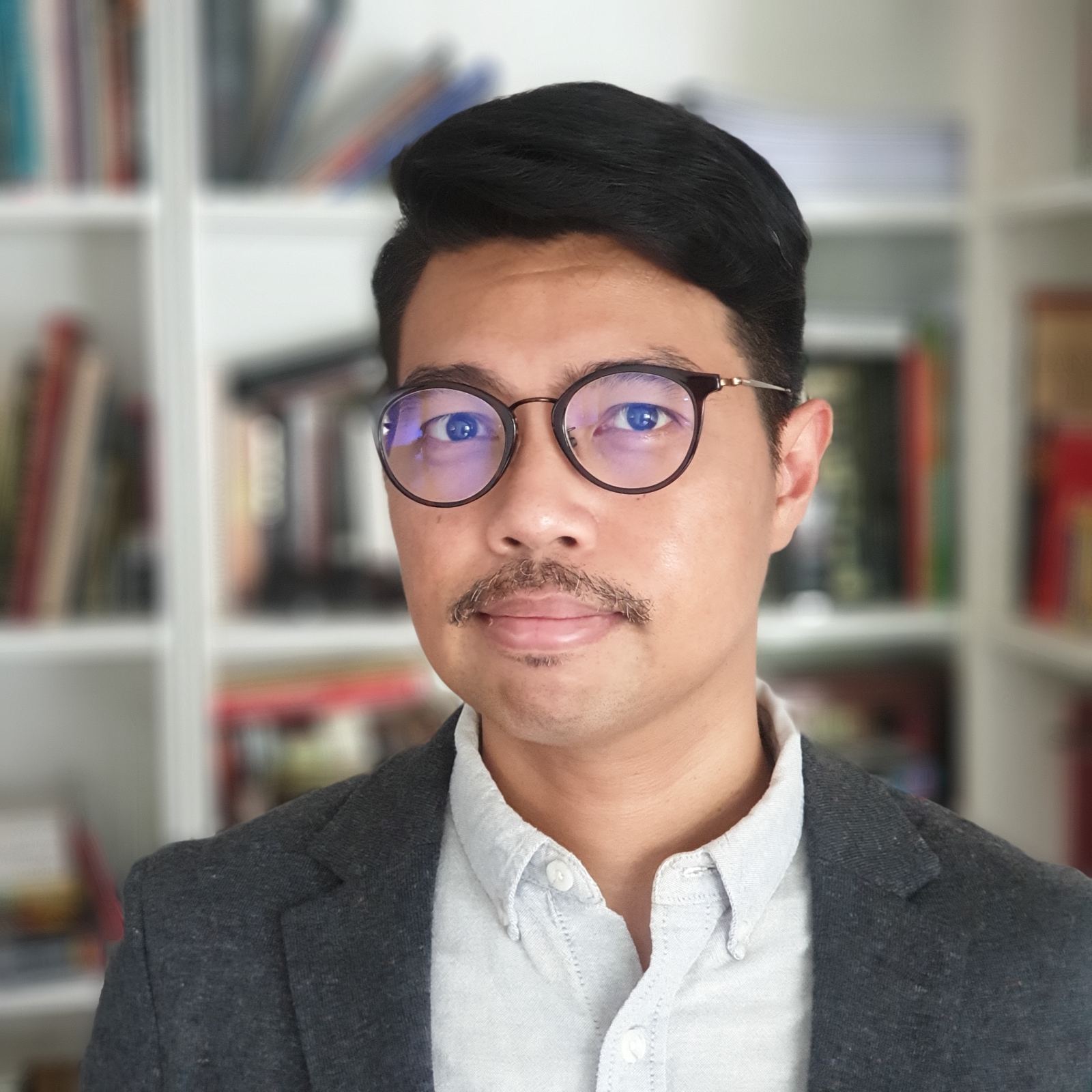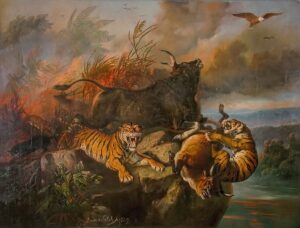New Faculty Spotlight: Nazry Bahrawi

Nazry Bahrawi (he/him/dia)
Assistant Professor
Asian Languages and Literature
College of Arts & Sciences
nazryb@uw.edu
Bahrawi Faculty page
What is your Research Focus?
Critical race theory (CRT) is an important intellectual movement that has advanced the world’s understanding of race and social justice in leaps and bounds. While crucial, CRT emerges out of the specificity of the American social context and may not fully encapsulate how issues of ethnicities are expressed elsewhere. To address this gap, my research aims to articulate a mode of thinking about race relations from maritime Southeast Asia that is at once distinguishable and complementary to CRT, contributing to the wider academic discourse on decoloniality which aims to democratize knowledge production by incorporating the non-West.
To this end, I examine animal narratives in prose, folklore, film and visual art in maritime Southeast Asia to present an understudied intellectual tradition of racial formation that is indigenous to its peoples. Situated near the equator and surrounded by water bodies, the region’s tropical climate has guaranteed it a richness of biodiversity that is matched by a lush repertoire of animal stories. Oral folktales about the region’s tigers, or harimau, can be tracked across communities in Malaysia and Indonesia. It has breathed life into unauthored legends of tiger shapeshifters. Today, such tales continue to fuel the imagination of modern storytellers as they adapt and rewrite this trope in varying genres to suit the concerns of their prevailing times. This is just one example of a wild beast that the region has narratively redeployed for the page, stage and canvas. Taking a semiotics approach, my research hopes to unveil how the bestiary in the context of maritime Southeast Asia assumes a different guise from those in Europe because it embodies a knowledge system that is non-empirical and non-logical but still progressive in its own ways. There, creatures talk, trick, transmutate and above all, thwart typification. In short, I hope to articulate the deep parallels between interspecies and interracial thinking beyond what are familiar.

Painting’s name: Boschbrand (Forest Fire)
Painter: Raden Salleh
Credit: National Gallery of Singapore
What opportunities at the UW excite you?
I am drawn to the prospect of helping shape the new cultural studies program in Southeast Asia at my department, Asian Languages and Literature. This initiative builds on the amazing work of present and past academics associated with the Southeast Asian Center at the Jackson School of International Studies, which has recently shifted its focus to relate the study of Southeast Asia to its diasporas in America and elsewhere. This is an exciting development that connects area studies to ethnic and cultural studies, and I am excited to be in the thick of it all. That I have met some of the most supportive and generous colleagues and mentors in academia at UW is also a huge plus for me.